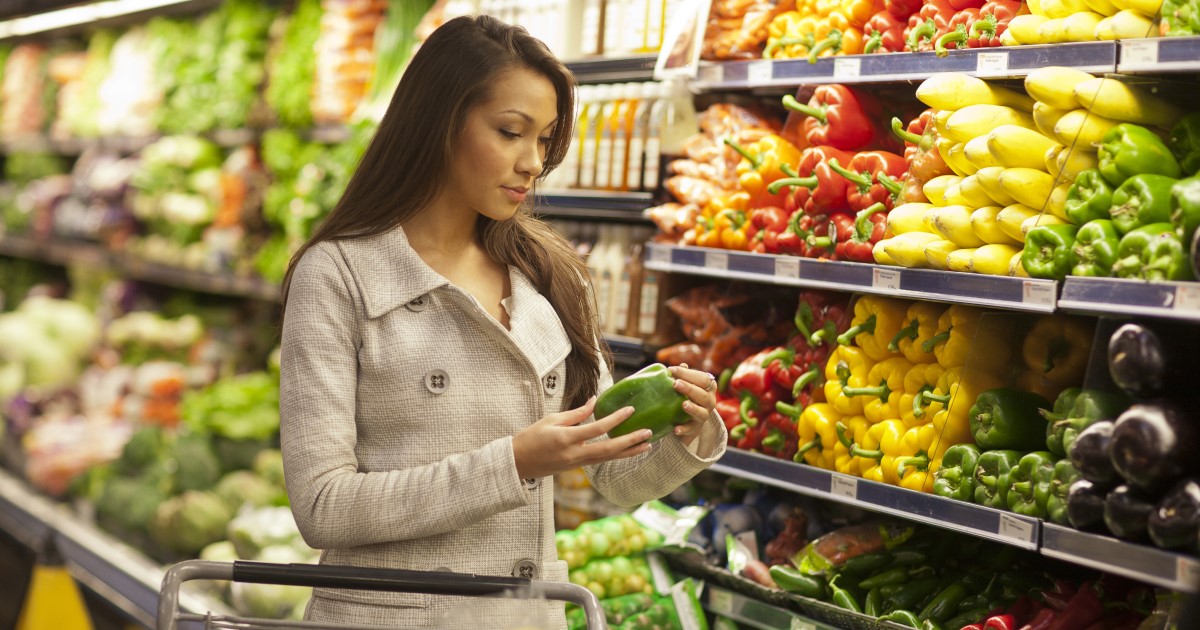Tax on plastic carrier bags - what to know
 ‹ Back to the articles
‹ Back to the articles
The Swedish government has proposed that tax on plastic carrier bags should be levied from 1 May 2020. What does the legislation prescribe and who will be liable to pay the tax? We are answering some common questions below.
We have previously published an article regarding the government’s proposal on a new tax on plastic carrier bags. The legislation came into effect on 1 March 2020 but is proposed to be applied on tax liability that has occurred after the last date in April 2020, with the exception for registration as an approved warehousekeeper, which can be made from 1 March 2020.
Why has a tax been levied on plastic carrier bags?
According to the European parliament and the European Council’s directive on packages and package waste, Sweden is obligated to ensure that its consumption level does not exceed 90 thin plastic carrier bags per person no later than 31 December 2019 and 40 thin plastic carrier bags per person no later than 31 December 2025.
Which plastic bags are being taxed and what are the tax amounts?
In order for the tax to be levied the plastic carrier bag must be made of plastic, i. e. polymer, to a more than negligible extent, with or without handle. The tax covers plastic carrier bags used by end consumers for packaging goods and the bags not intended for long-running usage.
The tax rate is 3 SEK per bag. However, plastic bags with a thickness less than 15 micrometer and a volume not exceeding 7 litres is however covered by the reduced tax rate of 30 öre per plastic carrier bag.
Who should pay the tax?
The tax liability cover everyone in Sweden who, on a professional business level
- manufactures plastic carrier bags
- brings in and receives plastic carrier bags from another country within the EU
- imports plastic carrier bags from a country outside the EU.
An exemption from tax liability is made for bringing in, receiving and importing plastic carrier bags in case the amount does not exceed 40 bags per occasion. The requirement on professional business proficiency implies that natural persons are exempt from tax liability provided that the plastic bags are merely used for private purposes.
A system with warehouse keeper entailing that the tax liability is deferred to a later occasion is proposed as well, like many other excise duties.
The Swedish Tax Agency will become the tax claiming authority in all cases except in cases of imports from countries outside the EU. Instead the Swedish Customs will be tax claiming authority.

PwC
PwC Sverige är marknadsledande inom revision och rådgivning med 2 700 medarbetare runt om i landet – vi finns där du finns! Vårt syfte är att skapa förtroende i samhället och lösa viktiga problem och våra värderingar genomsyrar allt vi gör.

Leave a comment